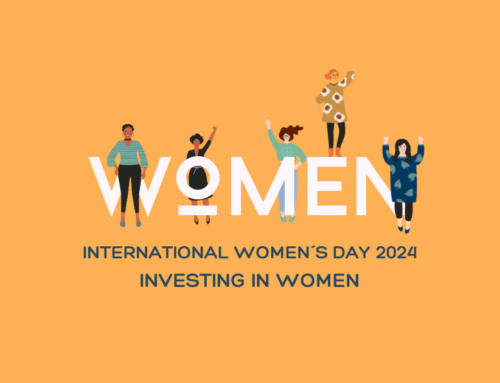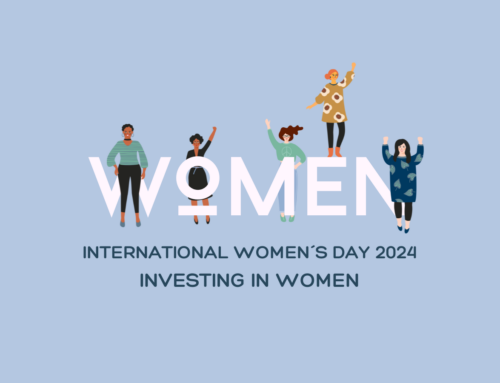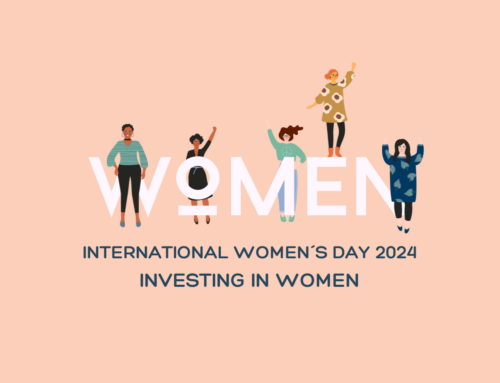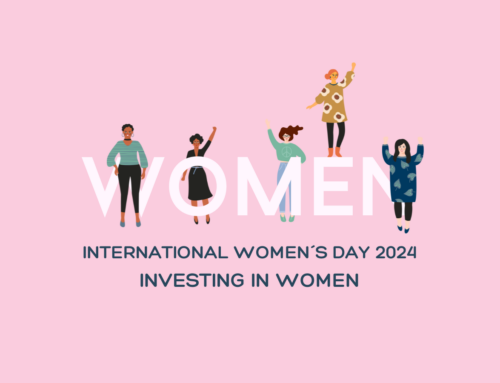By Andrea S. Kramer & Alton B. Harris, Reposted from HBR.org
Millennials, those Americans now between 16 and 36 years old, are often spoken of as if they’re ushering in a new era of enlightened interpersonal relations. For example, in 2013 Time predicted Millennials would “save us all” because they are “more accepting of differences…in everyone.” That same year, The Atlantic stated that Millennials hold the “historically unprecedented belief that there are no inherently male or female roles in society.” And in 2015 the Huffington Post wrote that Millennial men are “likely to see women as equals.”
If these characterizations are even close to accurate, we should expect the pervasive, damaging biases against women leaders to diminish substantially, if not end entirely, once Millennials assume positions of economic, academic, and political power. But before we start celebrating a coming age of gender parity, we need to ask whether there is any truth to these characterizations. Do Millennials really believe there are no inherently male or female roles in society? Do Millennial men really “see women as equals”? Unfortunately, the best information we have indicates the answer to both questions is no.
In February 2016 researchers at the National Institutes of Health published a study on how college biology students view their classmates’ intelligence and achievements. The researchers found that male students systematically overestimated the knowledge of the men in their classes in comparison with the women. Moreover, as the academic term progressed, the men’s faulty appraisal of their classmates’ abilities increased despite clear evidence of the women’s superior class performance. In every biology class examined, a man was considered the most renowned student — even when a woman had far better grades. In contrast, the female students surveyed did not show bias, accurately evaluating their fellow students based on performance. After studying the attitudes of these future scientists, the researchers concluded, “The chilly environment for women
Millennial men’s views of women’s intelligence and ability even extend to women in senior leadership positions. In a 2014 survey of more than 2,000 U.S. adults, Harris Poll found that young men were less open to accepting women leaders than older men were. Only 41% of Millennial men were comfortable with women engineers, compared to 65% of men 65 or older. Likewise, only 43% of Millennial men were comfortable with women being U.S. senators, compared to 64% of Americans overall. (The numbers were 39% versus 61% for women being CEOs of Fortune 500 companies, and 35% versus 57% for president of the United States.)
Moreover, according to a 2013 Pew survey of Americans, Millennial women are significantly more likely than older women to say that the country needs to continue making changes to bring about equality in the workplace, but Millennial men are the group most likely to say that all necessary changes have been made.
A glimmer of hope was found in the huge survey of Harvard Business School MBAs in a a 2014 article, which found that Millennial men were more likely than Gen X and Boomer men to predict that their wives would have equal careers, and less likely to do the majority of the child care. But that hope vanished when the researchers found the gap between what Millennial men and Millennial women believed was still wide: “Whereas three-quarters of Millennial women anticipate that their careers will be at least as important as their partners,” they reported, “half the men in their generation expect that their own careers will take priority.” The gap was similar when it came to child care responsibilities. Fewer than half of Millennial women believed they would handle most of the child care, but two-thirds of their male peers believed their wives would do so.
Taken together, this body of research should dispel any notion that Millennial men “see women as equals.” Indeed, this information raises a serious concern that unless something is done soon to change Millennial men’s attitudes toward women, these men ascending to the C-suite may hinder — rather than advance — current efforts to reduce the discriminatory effects of gender bias.
We have heard too many reasonable people make the argument, almost fatalistically, that the arc of history bends toward justice. That is true. But the arc of history bends because leaders work to bend it. Bias doesn’t just die out. Patience may be a virtue, but patience alone will not bring equality.
_____
Andrea S. Kramer (Andie) is a law partner at McDermott Will & Emery, and for more than 30 years she has worked to promote gender equality in the workplace. She is the co-author, with Alton B. Harris, her husband, of Breaking Through Bias: Communication Techniques for Women to Succeed at Work (Bibliomotion, May 2016). Learn more at www.andieandal.com.
Alton B. Harris (Al) is a law partner at Nixon Peabody and for more than 30 years has worked to promote gender equality in the workplace. He is the co-author, with Andrea S. Kramer, his wife, of Breaking Through Bias: Communication Techniques for Women to Succeed at Work (Bibliomotion, May 2016). Learn more at www.andieandal.com.






